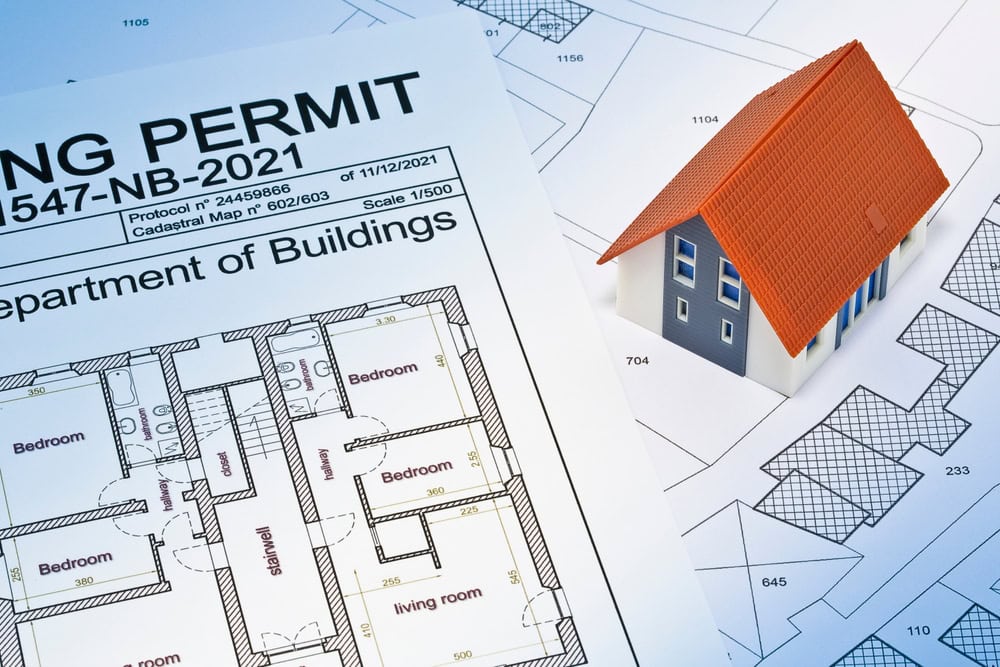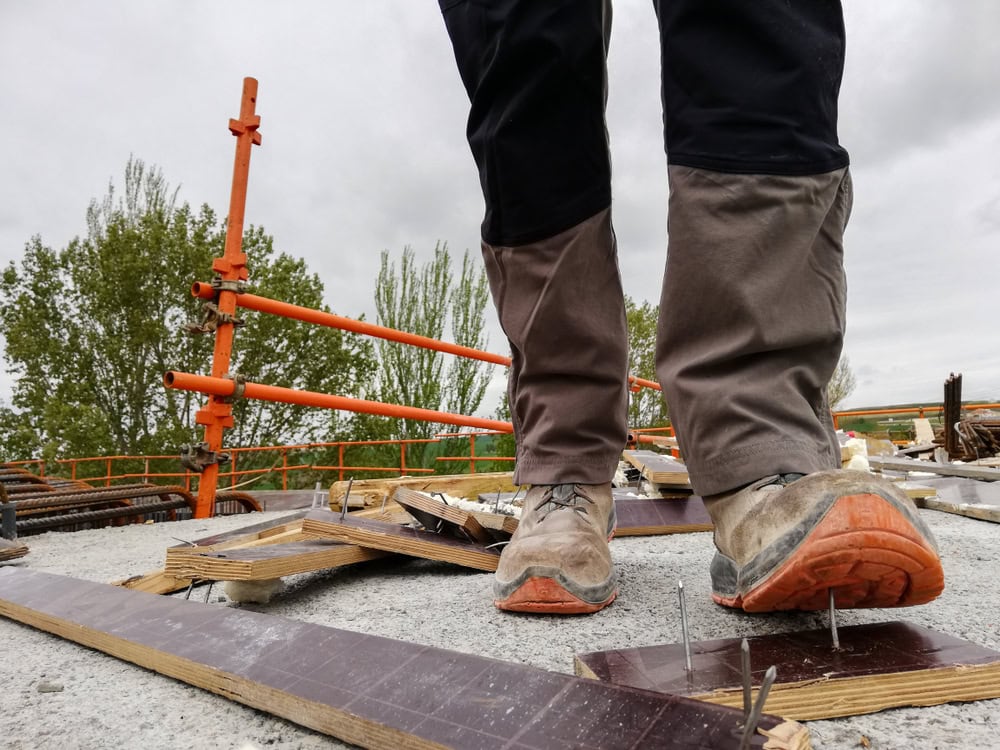Quickstart Guide To Business Management for California Contractors
California’s construction industry demands that contractors not only excel in their craft, but also in the realms of business administration, strategic planning, and regulatory compliance to stay competitive and thrive. Many a contractor has to learn the hard way that being a contractor is inseparable from being a business owner. In order to be a … Read more










